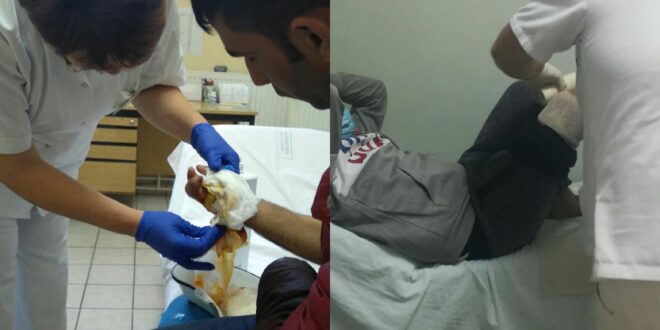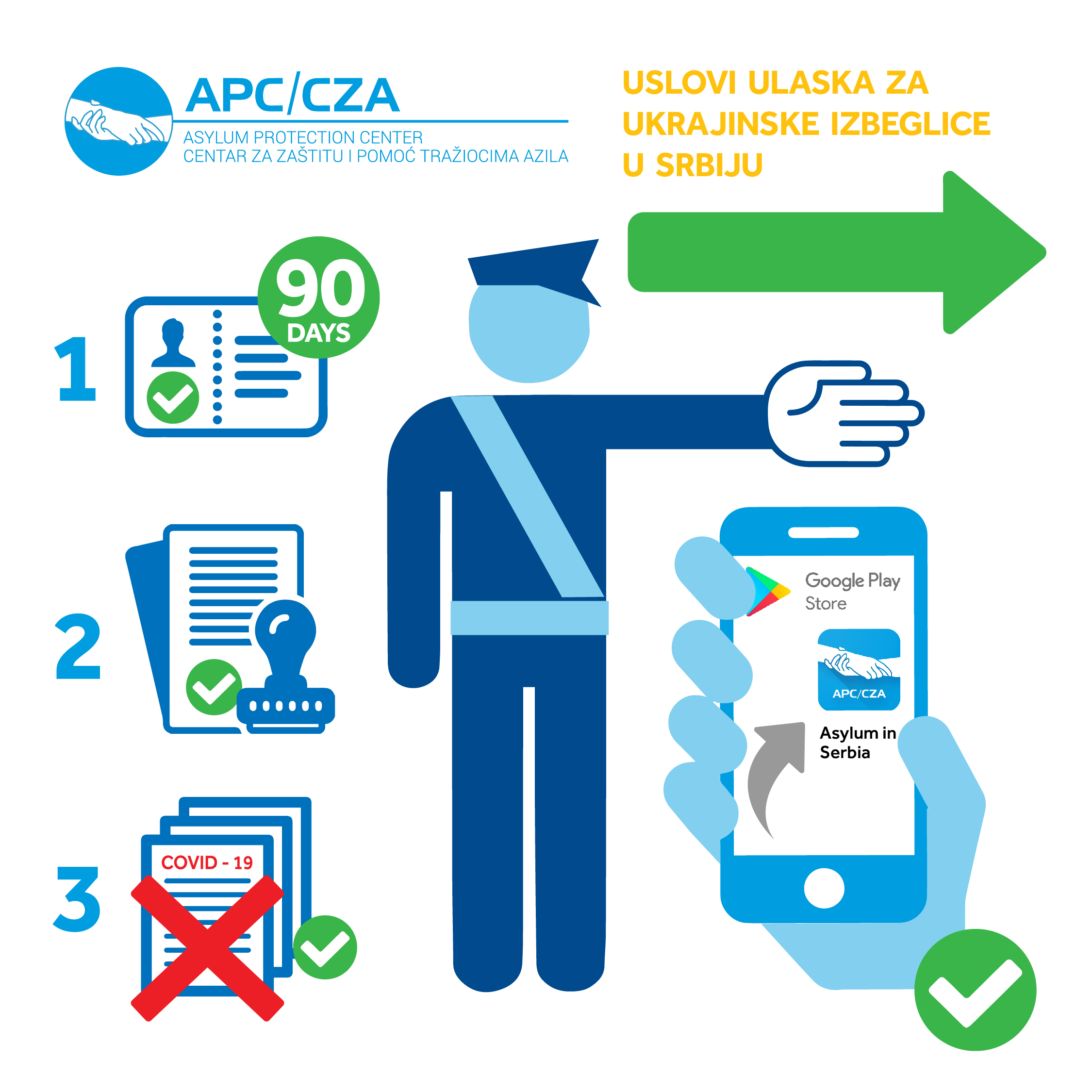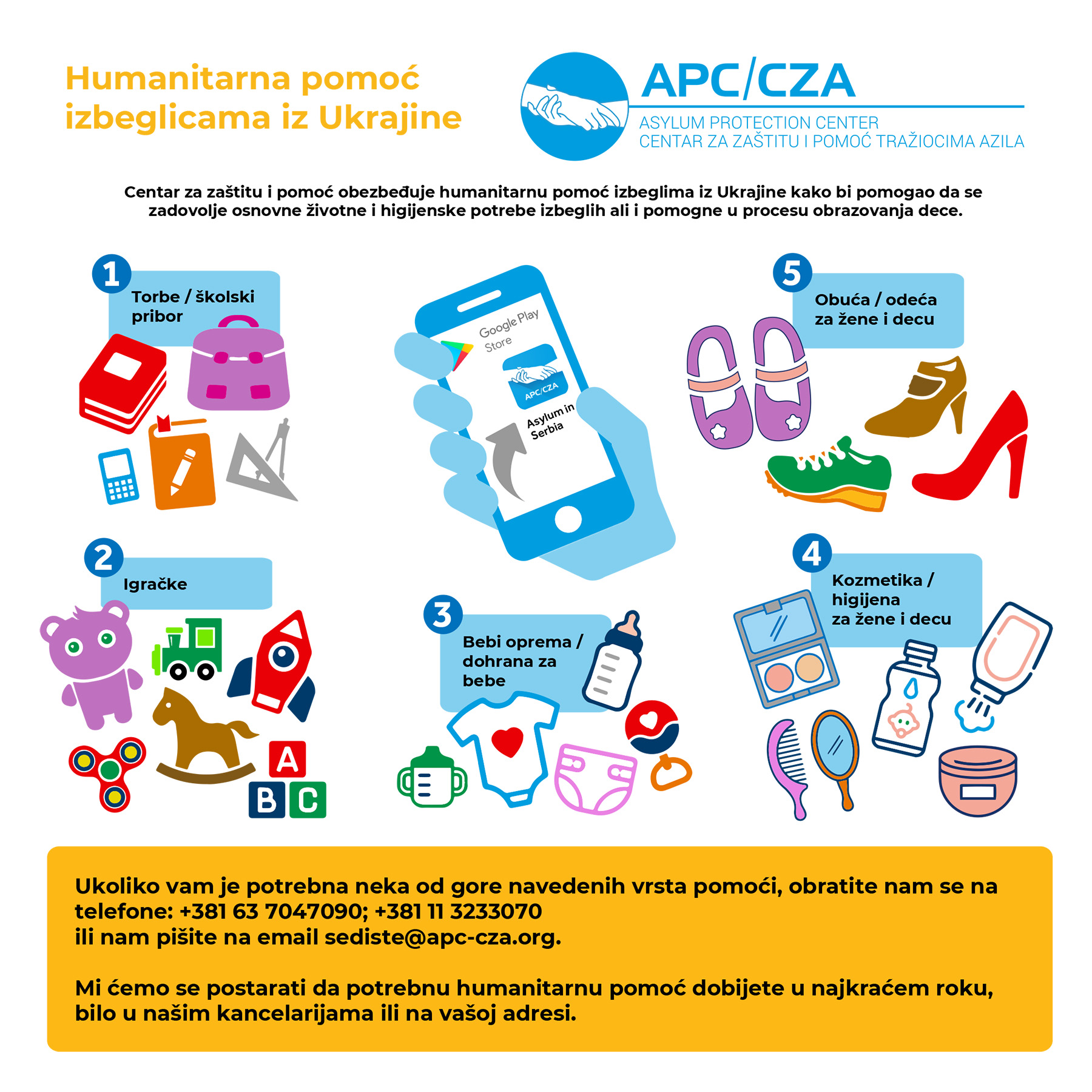09/11/2020, Belgrade.
“Where’s his / her health insurance booklet?”
“Do you have any paper from the Ministry of Health?”
“Yeah, he / she is an asylum seeker. Then to the doctor at the camp. ”
“I can’t put him / her in the system if he doesn’t have a health insurance booklet.”
“He can’t be diagnosed. He can’t get referral. Can’t choose a doctor. Can not.”
We encounter at least one, and often all of the above reactions, when we assist our clients when visiting health facilities. And it is about the right to health care, which asylum seekers and refugees in Serbia have, and which has great practical significance for their everyday life. It is regulated by the Law on Asylum and Temporary Protection, the Law on Health Care, and other laws and bylaws, and provides that asylum seekers and refugees receive health care to the same extent and in the same way as citizens of Serbia, and that services from this areas pay to health institutions from the budget of the Republic of Serbia.
However, the practice speaks differently and indicates that access to health care has been significantly difficult in the past few years. Primarily due to the large influx of refugees in need of medical care, but also the long-term creation of a parallel health care system for migrants, asylum seekers and refugees, through outsourcing of health services, health centers in local communities, creating even greater segregations and preventing integration into the health care system, previously established good practice was violated, which led to strengthening the capacity of the health care system to meet the needs of asylum seekers and refugees.
Today, people cannot go to the doctor alone, be admitted without problems, be given therapy, schedule a check-up, be referred further if necessary. They can’t have a card, they can’t have a doctor of their choice who will monitor their health.
With a huge amount of energy invested in the field, APC / CZA officials are working to find a way out of the maze of rejection and resistance, and help people exercise their rights and preserve their health.
 AzilSrbija AzilSrbija
AzilSrbija AzilSrbija





